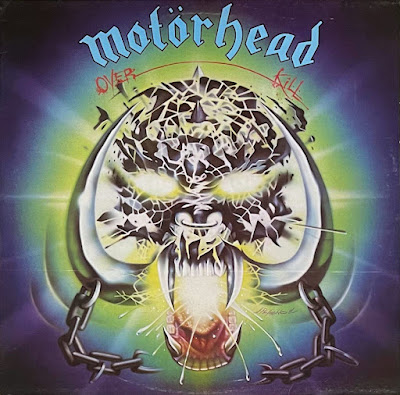GitS 2: Innocence: After the Long Goodbye (2007)
Author: Masaki Yamada | Translators: Yuji Oniki + Carl Gustav Horn / Page Count: 197
"I'm not all that popular. At the same time, I hardly ever meet someone I like. In that sense, my life is balanced out."
A prequel to the second
Ghost in the Shell feature film,
Innocence (2004). Unlike most TV and film tie-in novels, this one is actually good - damn good.
It creates a singular narrative that doesn't rely heavily on the film, but it remains referential and respectful to it. Knowledge of the characters is obviously necessary to fully appreciate the small intricacies, but the text also manages to stand on its own two feet, admirably.
It's told first person, from the cyborg Batou's perspective. Batou isn't the most intelligent or passionate of individuals, so it may come as a surprise to find that his sensitive side, a secretive part of himself that he reserves for mostly one person in the films, could be so well-developed without compromising the integrity of the character. It gets deep into the mind of the man, the only part of him that's still human, to explore the themes of self that
René Descartes popularised. That self-analysis is the novel's greatest strength, and what
Ghost in the Shell is perfectly suited to.

_7aL.jpg)


